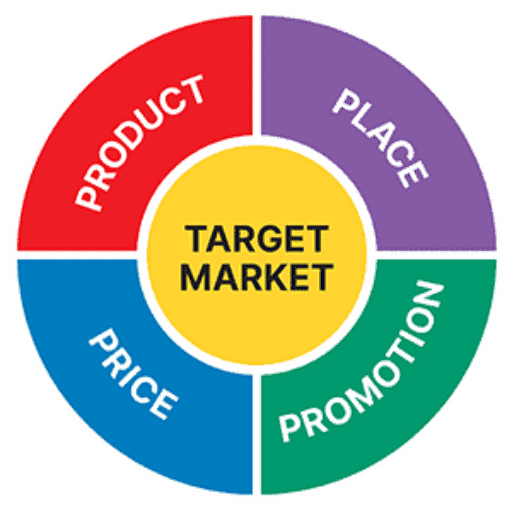Will AI take over customer service?
Obviously AI in marketing is a hot topic. And it changes daily. Klarna is a fintech company, one of these new pay over time services….

Obviously AI in marketing is a hot topic. And it changes daily. Klarna is a fintech company, one of these new pay over time services….

Are you searching for some fun new examples to use in class? Innovation and new products are an important outcome of good marketing. The Time…

Artificial intelligence (AI) is on the precipice of radically enhancing customer service and business operations. Zack Kass, in a recent article on MarketWatch, describes the…

[But not this first paragraph]. I imagine by now most of you are at least familiar with ChatGPT. If you have not at least played…

This article highlights a new report that highlights the brands that receive the most hate on Twitter. The findings of the study might be fun…

Every generation presents new marketing challenges. As consumers flock to online shopping, CoverGirl decided to open their first brick-and-mortar location in Times Square, NY. You…

Personal selling has always had the ability and advantage of tailoring a message for a specific customer. A downside of personal selling is the cost…

Amazon is a juggernaut that seems to enter one market after the next. Most of these ventures are successful for the firm but not all…

The real world keeps handing us interesting marketing ethics issues. Yesterday we laid out the Mylan EpiPen case. Today we will try to tackle Wells Fargo’s…